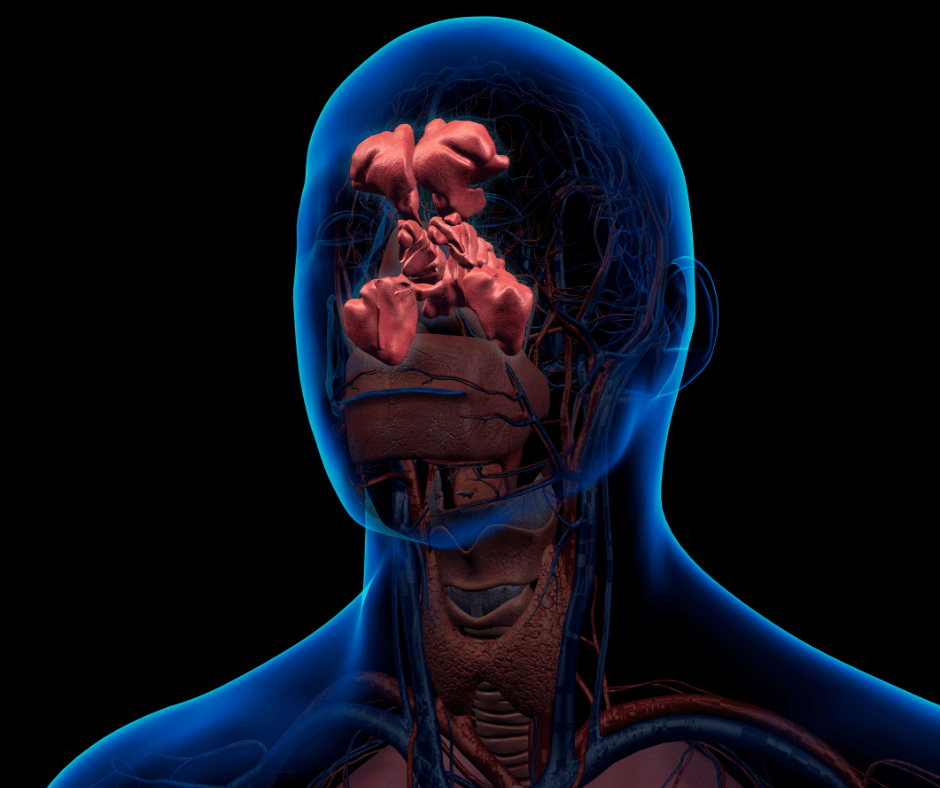Introduction to ENT Health
As an ENT surgeon, I understand the intricate relationship between our mental well-being and our physical health, particularly when it comes to the health of our ears, nose, and throat (ENT). While we often consider stress as a psychological phenomenon, its effects extend far beyond our minds, impacting various systems of our body, including our ENT health.
Understanding Stress and its Effects
Definition of Stress
Stress is the body’s response to any demand or challenge. It triggers a cascade of physiological reactions designed to help us cope with perceived threats or pressure.
Types of Stress
There are two main types of stress: acute stress, which is short-term and often caused by immediate stressors, and chronic stress, which persists over a prolonged period and can be more damaging to our health.
Physiological Responses to Stress
When we experience stress, our body releases hormones like adrenaline and cortisol, preparing us for a “fight or flight” response. While this response can be beneficial in certain situations, chronic activation of these stress hormones can lead to detrimental effects on our health.
The Connection Between Stress and ENT Health
Impact of Stress on the Body
Stress doesn’t just affect our mental state; it can manifest physically, impacting various systems, including our immune, cardiovascular, and digestive systems. Additionally, stress can exacerbate pre-existing health conditions and contribute to the development of new ones.
Specific Effects on ENT Health
The delicate structures of our ears, nose, and throat are not immune to the effects of stress. Chronic stress can lead to inflammation, muscle tension, and changes in blood flow, all of which can affect the health and function of these organs.
Common ENT Conditions Affected by Stress
Tinnitus
Stress can exacerbate tinnitus, a condition characterized by ringing or buzzing noises in the ears. The heightened state of arousal caused by stress can increase the perception of these sounds, leading to greater distress for individuals already struggling with tinnitus.
Vertigo
Stress can trigger or worsen episodes of vertigo, a sensation of spinning or dizziness. The physiological changes associated with stress can disrupt the balance mechanisms in the inner ear, leading to feelings of disorientation and instability.
Temporomandibular Joint Disorders (TMJ)
Stress-induced muscle tension can contribute to temporomandibular joint disorders, which affect the joints that connect the jaw to the skull. This tension can lead to jaw pain, difficulty chewing, and clicking or popping sensations in the jaw joint.
Sinusitis
Stress can weaken the immune system, making individuals more susceptible to infections like sinusitis. Inflammation of the sinuses can cause symptoms such as facial pain, congestion, and pressure, impacting both comfort and respiratory function.
Managing Stress for Better ENT Health
Stress Management Techniques
Learning to manage stress effectively is crucial for maintaining overall health, including ENT health. Techniques such as deep breathing, meditation, and progressive muscle relaxation can help reduce stress levels and promote relaxation.
Healthy Lifestyle Changes
Incorporating healthy habits into your daily routine can also help mitigate the effects of stress on ENT health. Regular exercise, adequate sleep, and a balanced diet support physical and mental well-being, reducing the impact of stress on the body.
Seeking Professional Help
Role of an ENT Specialist
If stress is negatively impacting your ENT health, it’s essential to seek guidance from a qualified ENT specialist. These professionals can assess your symptoms, identify any underlying issues, and recommend appropriate treatment strategies.
Treatment Options for Stress-Related ENT Issues
Treatment for stress-related ENT issues may vary depending on the specific condition and its severity. Options may include medication, physical therapy, lifestyle modifications, or surgical interventions, tailored to address individual needs.
Conclusion
In conclusion, the impact of stress on ENT health is significant and multifaceted. By understanding the connection between stress and ENT conditions and adopting healthy coping strategies, individuals can better manage stress and safeguard their overall well-being.
FAQs
- Can stress cause permanent damage to ENT organs? While acute stress responses are typically temporary, chronic stress can contribute to long-term health issues, including damage to ENT organs if left untreated.
- Are there specific relaxation techniques that can alleviate ENT-related symptoms of stress? Techniques such as deep breathing exercises, yoga, and massage therapy may help alleviate muscle tension and promote relaxation, which can benefit ENT health.
- How can I differentiate between stress-related ENT symptoms and those caused by other underlying conditions? Consulting with an ENT specialist is crucial for accurately diagnosing the cause of your symptoms and developing an appropriate treatment plan tailored to your needs.
- Are there lifestyle changes that can prevent stress-related ENT issues? Adopting a healthy lifestyle that includes regular exercise, stress management techniques, and a balanced diet can help reduce the likelihood of experiencing stress-related ENT issues.
- Is it common for stress to worsen existing ENT conditions? Yes, stress can exacerbate symptoms of existing ENT conditions, making it essential to address stress management as part of a comprehensive treatment approach.
About Author:
Dr. Vivek Kumar Pathak: Renowned ENT Surgeon, Senior Professor, and Founder.
Dr. Pathak, ENT surgeon at Kailash Hospital, Senior ENT Professor at Sharda University, and founder of Entegrity Care, brings expertise and innovation to healthcare. Discover the visionary behind Doxtreat Healthcare, shaping the future of ENT care.
Website www.drvivekpathak.com
Call +917838450942
WhatsApp +91 78384 50942
Book an appointment with Dr. Vivek kumar Pathak by filling the form.




